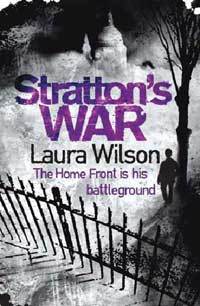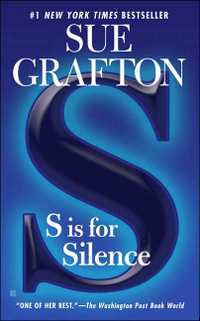I published the post below on this blog in July 2006…and forgot all about what I said I’d do at the end. Now I am following through…
Ken Levine writes today about the worst script he and his partner ever wrote.
In 1993 my writing partner, David Isaacs and I did a short run series
for CBS called BIG WAVE DAVE’S starring Adam Arkin and David Morse. It
ran that summer, got 19 shares, kept 100% of MURPHY BROWN’S audience
and was cancelled. At the time CBS had starring vehicles in the wings
for Peter Scolari, Bronson Pinchot, and the always hilarious Faye
Dunaway so they didn’t need us.We were given a production order
of six with three back-up scripts. We assigned the first two back-ups
to our staff and planned on writing the third ourselves. When the show
was cancelled we put in to CBS to get paid for the additional scripts.
They said fine, but we had to turn in the completed scripts. Gulp!
Bill
Rabkin and I had almost the exact same experience on SEAQUEST. We’d
already turned in the outline for episode 14 when we got canceled.
But in order to get paid for the teleplay, we had to write it. We did
it in one day, while we were packing up our office. I still live in
fear that some sf fan will stumble on a bootleg draft at a scifi
convention, post it on the net, and people will think we actually write
that bad. I’m in Germany now, or I’d post an excerpt. I’ll try to
remember to do it when I return.

UPDATE March 8, 2007: Okay, here’s an excerpt from "About Face," the script Bill and I wrote in a day to get our script fee. We knew no one would ever read it. All you need to know to follow along is that Piccolo a man with gills and Darwin is a talking dolphin (I’m not kidding).







